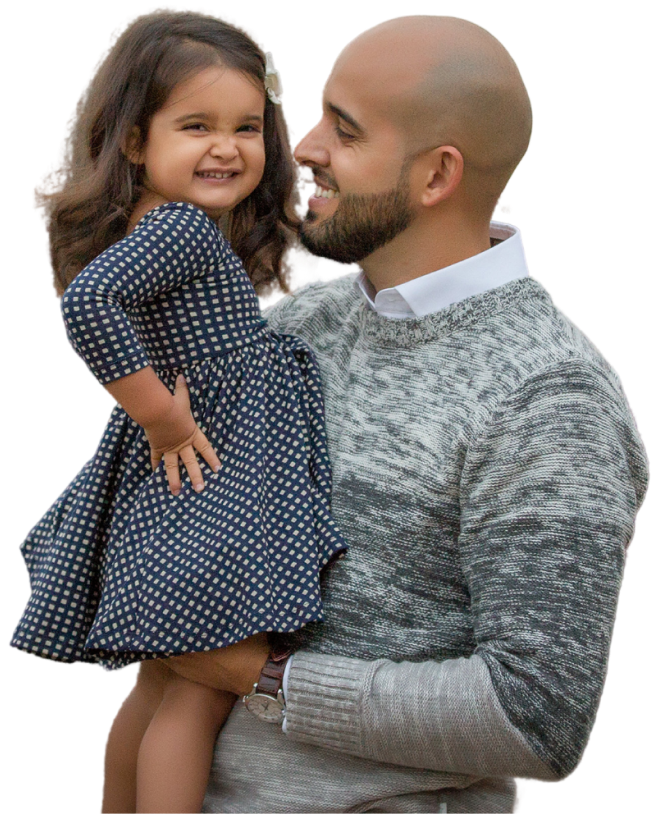Chapter 7 Bankruptcy Lawyer

Practice Areas
- Family Law
- Annulment
- Asset Protection
- Celebrity Divorce
- Child Custody
- Child Support
- Complex Property Division
- Divorce
- Domestic Partnership Same Sex Divorce Lawyer
- Paternity
- Domestic Violence
- Grandparents Rights
- High Net Worth Divorce
- LGBTQ Divorce
- Mediation
- Military Divorce
- Prenuptial Agreement
- Restraining Orders
- Spousal Support
- Personal Injury
- Amputation
- Bicycle Accidents
- Brain Injuries
- Burn injuries
- Bus Accidents
- Car Accidents
- Catastrophic Injuries
- Dog Bite Injuries
- Lyft Rideshare Accidents
- Motorcycle Accident
- Nursing Home Abuse
- Pedestrian Accidents
- Premises Liability
- Slip & Fall Injuries
- Spine Injuries
- Truck Accidents
- Uber Rideshare Accident
- Wrongful Deaths
- Criminal Defense
- Civil Litigation
- Workers’ Compensation
LISTEN TO SINA
MOHAJER ON THE
RADIO
-
Child Custody
-
Move Away Orders
-
Community Property vs. Separate Property
-
Who stays in the Family Home
-
Divorce Procedure
Chapter 7 Bankruptcy Lawyer In Arcadia
Chapter 7 bankruptcy under the United States Bankruptcy Code allows individuals and businesses to liquidate their assets to discharge most of their debts. A trustee is appointed in a Chapter 7 case to collect and sell the debtor’s non-exempt assets, and the proceeds are used to pay creditors. Any remaining debts are typically discharged at the end of the process, providing the debtor with a fresh financial start. However, not all debts can be released depending on state and federal laws. Certain assets may be exempt from liquidation. You must contact a chapter 7 bankruptcy lawyer in Arcadia to help you!
How Does Chapter 7 Bankruptcy Work?
Chapter 7 bankruptcy, or liquidation bankruptcy, is a legal procedure allowing individuals and businesses to discharge most of their debts by selling their assets. Here’s how it usually goes:
- The debtor files a petition with the bankruptcy court and a schedule of assets and liabilities, income and expenses, and other required documents.
- When a petition is filed, an automatic stay takes effect, which prevents most creditors from collecting debts or taking legal action against the debtor.
- A trustee is appointed by the court to oversee the case, collect the debtor’s non-exempt assets, and sell them to pay off creditors.
- The trustee liquidates the debtor’s non-exempt assets and distributes the proceeds to creditors. State or federal law may protect exempt assets, such as a primary residence or personal belongings, from liquidation.
- Any remaining eligible debts are typically discharged after the assets are liquidated, and the proceeds are distributed to creditors. Certain debts, such as child support, alimony, and some taxes, are not dischargeable in Chapter 7.
- Once the debts have been discharged, the bankruptcy case is closed, and the debtor is no longer liable for those debts.
What is the Eligibility Criteria for Chapter 7 Bankruptcy in California?
You must meet the following criteria to be eligible for Chapter 7 bankruptcy in California:
- Means test: To determine if an individual’s income is below the state median, they must pass a means test. If the individual’s income is higher, they may still be eligible if their disposable income falls below a certain threshold after allowing for expenses.
- Credit counseling: Before filing for bankruptcy, the individual must complete a credit counseling course from an approved agency within 180 days.
- Individuals must have lived in California for at least 91 days before filing for bankruptcy.
- Previous insolvency: If the person has had a bankruptcy case dismissed within the last 180 days, they may be ineligible to file for Chapter 7.
- Bankruptcy fraud: The individual must not have committed bankruptcy fraud, such as hiding assets or lying on bankruptcy forms.
Individual circumstances and options should be discussed with a bankruptcy chapter 7 lawyer in Arcadia. Some individuals may only want to file for Chapter 7 bankruptcy if they have assets protected by exemptions. Furthermore, certain types of debt, such as student loans and tax debt, may be ineligible for discharge in Chapter 7 bankruptcy.
What are the Alternatives to Chapter 7 Bankruptcy?
A bankruptcy attorney for chapter 7 in Arcadia can walk you through its several alternatives, including:
- Bankruptcy under Chapter 13: This kind of bankruptcy enables people to reorganize their debts and pay them off over three to five years if they have a steady source of income. Contrary to Chapter 7 bankruptcy, Chapter 13 bankruptcy does not require people to liquidate their assets.
- Debt Consolidation: Debt consolidation pays off several debts with a single loan. In addition to potentially lowering interest rates and fees, this can streamline repayment.
- Debt settlement: Negotiating with creditors to settle debts for less than the total amount owed is known as debt settlement. You can do this on your own or through a debt settlement company.
- Credit counseling is a service that aids people in creating spending plans and debt repayment strategies. Credit counseling organizations might also be able to bargain with creditors for lower fees and interest rates.
- Creditors may occasionally agree to work with borrowers to establish payment plans that let them pay off debts gradually.
Depending on your financial situation, Chapter 7 bankruptcy may not be your best option. The best action for your needs can be determined by speaking with a financial advisor or bankruptcy lawyer for chapter 7 in Arcadia.
Reach Out To Our Chapter 7 Bankruptcy Lawyer Near You
Mohajer Law Firm’s expertise in Chapter 7 bankruptcy is unparalleled. Our chapter 7 bankruptcy attorney in Arcadia deeply understands the legal process and is dedicated to helping clients navigate the complexities of bankruptcy. With years of experience and a track record of success, Mohajer Law Firm is a top choice for those seeking expert guidance in Chapter 7 bankruptcy. So call us today at (626) 569-5200 or fill out our contact form and have your case evaluated by our team of expert bankruptcy chapter 7 attorneys in Arcadia.
We Represent Our Clients
in Every Legal Aspect of
California Family
Law
Mohajer Law Firm is committed to delivering unparalleled legal representation across the diverse landscape of California law, passionately advocating for our clients in every aspect of their legal journey

Featured Client Stories

Juan Sanchez
CEO

Shawn Todd
CEO

Heather Dela Cruz
CEO

Badi M.
CEO

Related insights
Mohajer Law Firm is a full-service law firm that provides legal services to clients in various areas of law. The firm has a team of experienced attorneys dedicated to delivering quality services to their clients. They are knowledgeable in various areas of law and are committed to helping clients resolve their legal issues effectively and efficiently.
Frequently Asked Questions (FAQs)
California Chapter 7 bankruptcy requires a means test and credit counseling from an approved agency. The debtor must disclose all assets, liabilities, and prior bankruptcy filings. After filing, the debtor’s assets are liquidated to pay creditors, and any remaining eligible debts are discharged.
California Chapter 7 bankruptcy has no income limit. Instead, debtors must pass a means test that compares their income to the state median for their size household. Chapter 7 bankruptcy is available to debtors with incomes below the median. If their expenses and debts exceed their disposable income, they may be eligible even if their income is above the median.
Chapter 7 bankruptcy sells non-exempt assets to pay creditors. The sale proceeds discharge most of the debtor’s eligible debts. Child support and taxes cannot be discharged. The bankruptcy filing will stay on the debtor’s credit report for 10 years and may affect their ability to get credit.
Most debts are discharged in Chapter 7 bankruptcy. Child support and taxes are usually non-dischargeable.
A debtor’s credit report may show a Chapter 7 bankruptcy for 10 years.
CONTACT US
directly in any convenient
way.
Main Office
Suite A Arcadia, CA
91006
info@mohajer.com
Timimgs
Mon to Fri
9am – 6pm
Need professional Legal
Advice?
in touch with you soon


